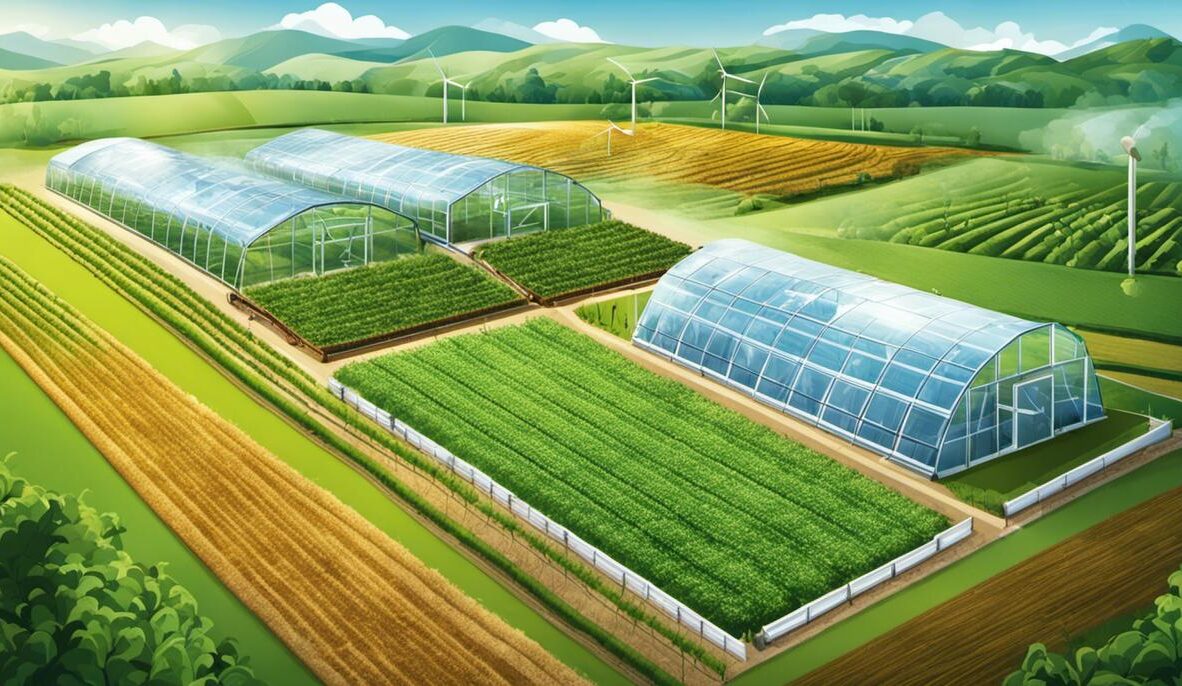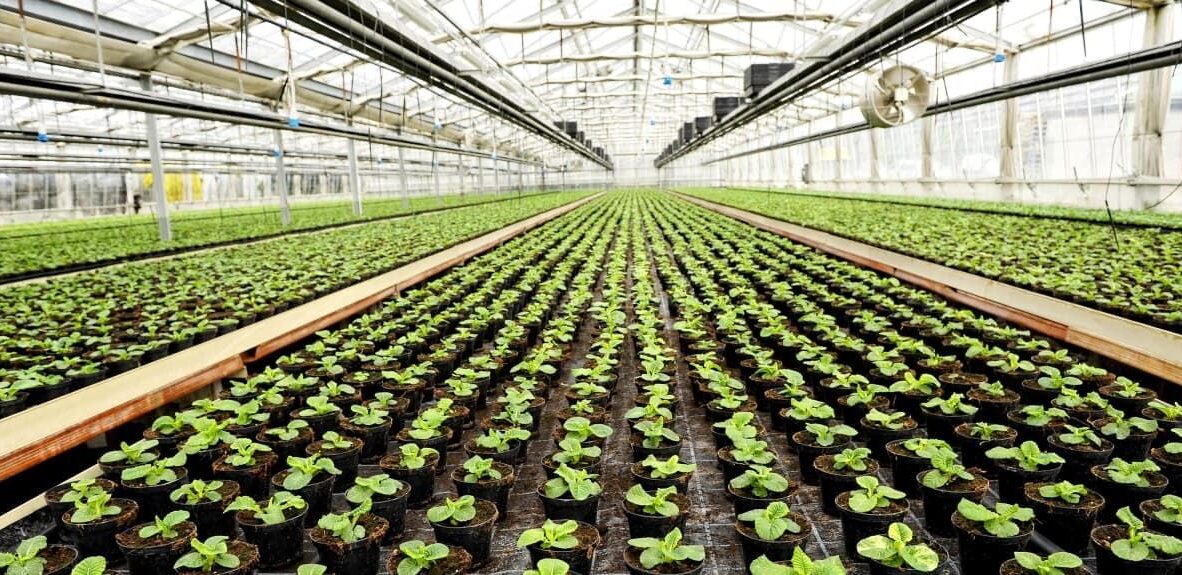
How Greenhouses Work and Their Importance in Agriculture
Greenhouses are enclosed structures that allow farmers to grow various plants regardless of the prevailing environmental conditions. They provide an ideal environment for growing plants by controlling temperature, humidity, light, and other factors.
Greenhouses are becoming increasingly popular as they allow farmers to extend their growing season and increase crop yields. In this article, we will discuss how greenhouses work and their importance in agriculture.
What is Greenhouse Technology?
Greenhouse technology involves the use of controlled environment agriculture (CEA) techniques to cultivate crops in a protected, regulated environment. Greenhouses provide an ideal growing environment by controlling temperature, humidity, light, and other factors, thereby enhancing crop growth, quality, and yield.


Conclusion
Greenhouses provide an ideal environment for growing plants by controlling temperature, humidity, light, and other factors. They offer numerous benefits to farmers, including extending the growing season, increasing crop yields, and protecting crops from environmental factors such as pests, diseases, and extreme weather conditions.
Greenhouses also allow farmers to grow crops that are not native to their region, thus increasing the variety of produce available. As such, greenhouses are becoming increasingly popular in agriculture and are an essential tool for farmers looking to increase their crop production and profitability.
By thinking on behalf of our clients every day, we anticipate what they want, provide what they need & build lasting relationships. These are the concept that shape our distinctive culture & differentiate us from others.
We guide our clients through difficult issues, bringing our insight and judgment to each situation. Our innovative approaches create original solutions to our clients.



